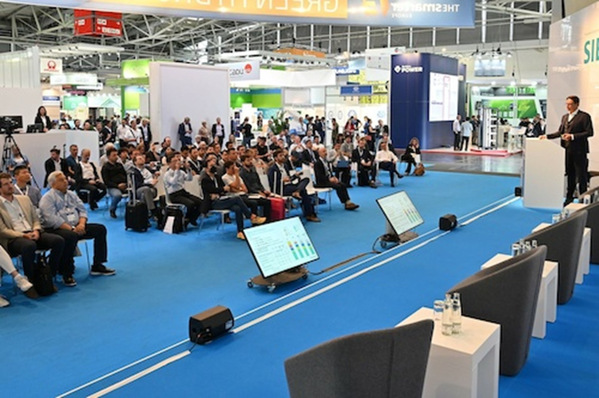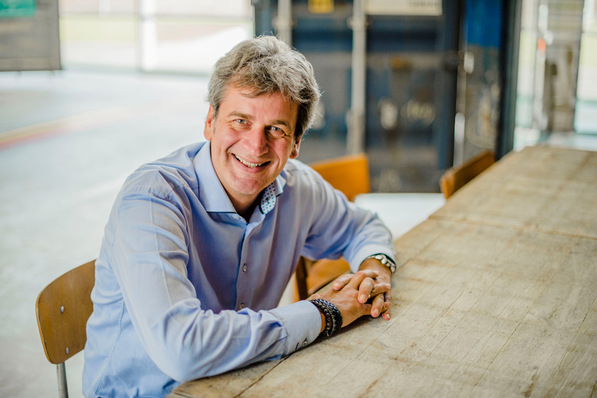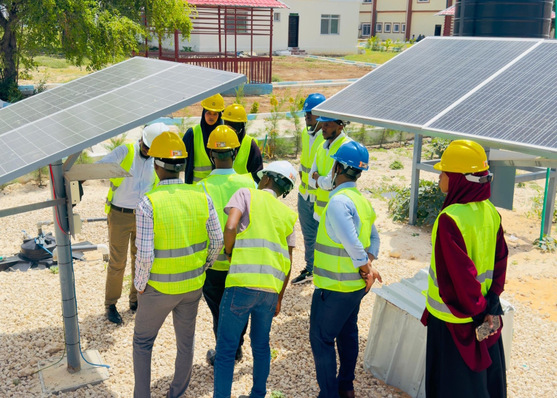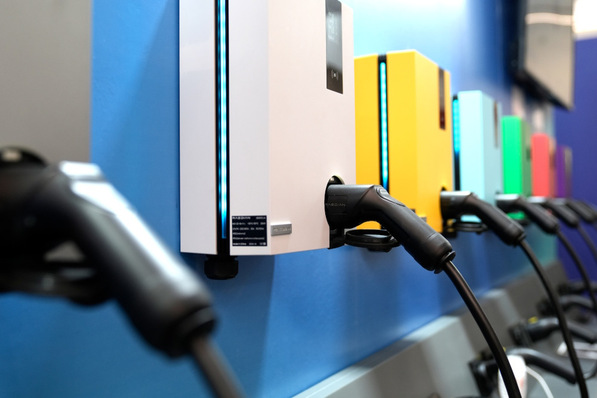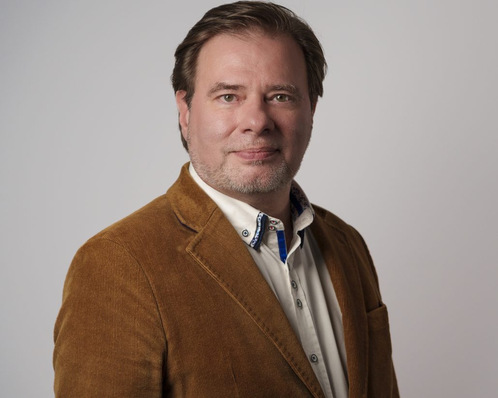Meyer Burger had originally planned a production capacity of one gigawatt in Germany. What is the current capacity?
Annegret Schneider: Meyer Burger has reached the planned 1.4 gigawatts of capacity in solar cells and solar modules by the end of this year. An additional two gigawatts of module and cell capacity is planned to be built in the US in 2024.
You are building up production in the US for cells and refer to the Inflation Reduction Act. At the same time, you have applied for funding from the EU Innovation Fund. What strategy are you pursuing with regard to the expansion of production capacities?
Annegret Schneider: Meyer Burger is a driving force behind the expansion of solar energy in the US as well as in Germany and Europe. We therefore want to continue to expand our production in these markets in the future. The next expansion step will take place in the US instead of Germany due to the excellent subsidy conditions. In addition to the already planned module plant in Goodyear, Arizona, a solar cell factory will be built in Colorado Springs by the end of 2024. As part of Meyer Burger's successful application for the EU Innovation Fund, an expansion in the multi-gigawatt area in Thalheim in Bitterfeld-Wolfen is planned at a later date. The prerequisite for such investments are more cost-effective market conditions and secure, fair competitive conditions for European solar manufacturers in the EU.
What opportunities do European manufacturers have to compete against the large Chinese manufacturers?
Annegret Schneider: In principle, European manufacturers are competitive against Asian manufacturers. Meyer Burger has a technological lead over its competitors of around three years, a labour cost ratio of less than ten per cent, only four production steps and, as a result, low unit costs in a highly automated production process. The solar modules based on our heterjunction smartwire technology generate more electricity on the same surface area on the roof over a warranty period of 25 or 30 years. However, European manufacturers are not competitive when competitors mass market products at far below manufacturing costs. This market failure must therefore be remedied immediately by politicians.
How can this be done?
Annegret Schneider: There are currently proposals on the table in Berlin that envisage the inclusion of resilience bonuses in Solar Package 1. These resilience bonuses would lead to the continuous growth of a domestic market segment without increasing the cost of solar power or jeopardising the energy transition and the expansion of solar power generation. This would have to happen very quickly now and must take place in parallel with the legislative projects currently being pushed forward in Brussels. If the market remains as distorted as it currently is in Europe, the almost 100 per cent dependence on China for the most important energy source of the future will continue.
What business models do you use to set yourself apart from the large Asian manufacturers?
Sven Stoffers: We serve every customer segment that is interested in talking about the specific solar module. When it comes to sustainability, local and fair production and product characteristics, we offer many advantages over all our competitors. European manufacturers are currently scoring particularly well in private rooftop systems and in some tenders that favour local products. In addition to the traditional business with solar modules for roof systems, we also sell an innovative roof tile. We will also be launching a complete solution for balcony systems on the market in the near future.
What strategies do you have for working with tradespeople and planners to encourage them to build with European modules?
Sven Stoffers: Our marketing and sales activities are completely focussed on the trade. We offer a product with various advantages. We integrate trade partners into the Meyer Burger Club. This is a partnership model with various support services for installers, such as on-site sales support, training and events, an exclusive online shop, end customer leads and more. We also work with market-leading wholesalers to guarantee an ideal logistical infrastructure throughout Europe.
How do you expect prices to develop in Europe over the next few months?
Sven Stoffers: Due to the enormous quantities of stock available, we expect price pressure to continue. Current political developments such as the imminent adoption of the Net Zero Industry Act by the EU and specific local resilience programmes, particularly in Germany, make us very positive that a stable market segment for European goods will emerge, which will enable a wholesome price level for these suppliers. (mfo)
The interview was conducted by Sven Ullrich
See also:
BSW Solar warns against failure to establish a European solar industry



